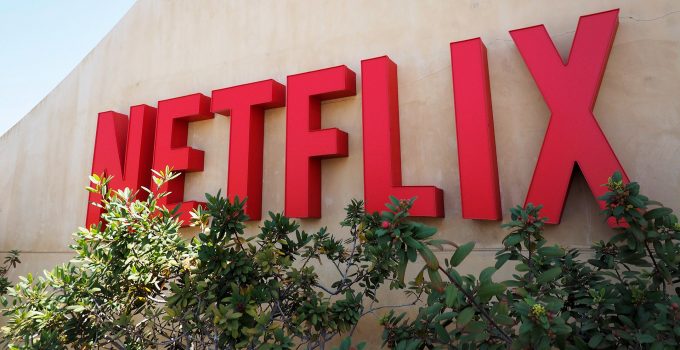The feeling of emptiness in peoples’ hearts as their favorite comfort show left Netflix was pretty short lived. Why? Well, The Office made an almost immediate comeback on Netflix, just one month after being removed from its US catalog.
You can check out The Office Netflix on StreamCatcher – just click the link and see which countries it’s currently available in. It’s worth keeping the service bookmarked due to the ephemeral nature of regional licensing agreements.
Why Was The Office Taken Off Netflix?
The answer, as always, can be boiled down to a single word – money. NBC launched their own streaming service (called Peacock) in April 2025, so they needed some cool shows to draw in subscribers. And what better titles to join their catalog than smash hits like Parks and Rec and The Office?
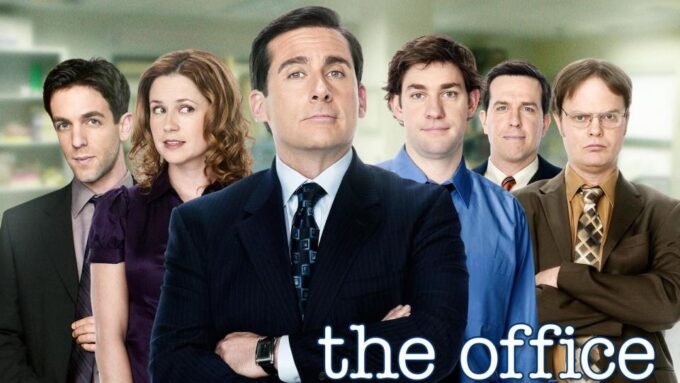
Netflix lost the streaming rights to both shows on October 1st and December 31st 2025, respectively. With such top quality sitcoms, NBC managed to gain a strong foothold on the streaming market. As of January 2025, Peacock has garnered 33 million subscribers – and you bet the two shows had something to do with it.
Before it left Netflix, The Office became the most watched show of 2025, clocking in over 57 billion minutes of stream time – over 20 billion more than the runner-up, Grey’s Anatomy. That adds up to a lot of Kevin’s tragically spilled homemade chili.
Want to increase the watch time on that counter? Scroll on to the next section to see how.
How to Watch The Office from Any Country
If you visit the service we linked to in the beginning, you’ll notice a few Virtual Private Network (VPN) recommendations, along with the countries in which The Office is available on Netflix. VPNs basically allow you to trick streaming platforms into believing you’re located somewhere else. Even if you live in the US, you’ll be able to watch shows found in the Netflix UK catalog.
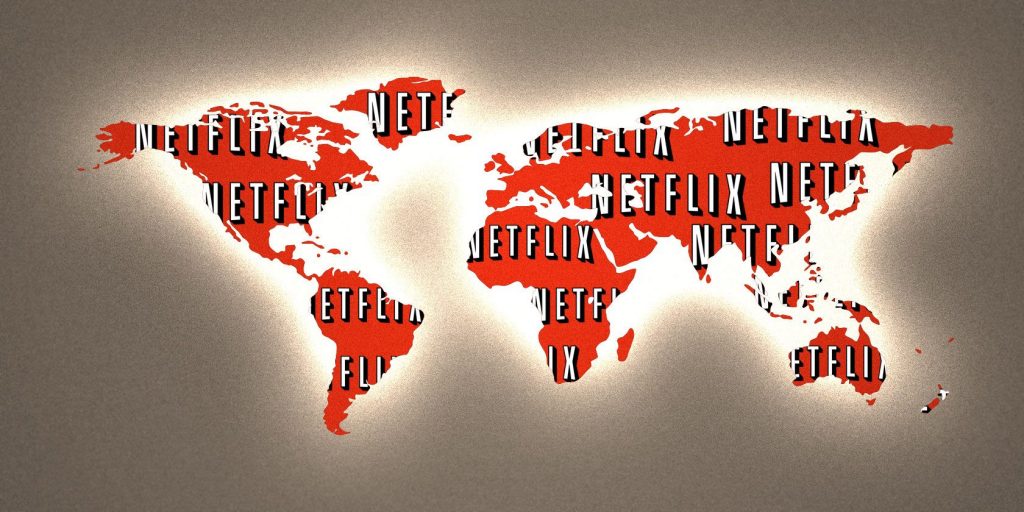
Source: makeuseof.com
Pretty neat, right? But how does that even work? Well, any online service out there can see your approximate physical location by checking your IP address. This identifier contains info about your country, city, and even ZIP code. Connect to a VPN server, and you’ll be assigned a new IP based on the location you’ve connected to (e.g. a server in London).
Not only will this let you watch geo-restricted content (The Office included), but it’ll add an extra layer of privacy in case somebody is eavesdropping on your connection. You’ll also be able to evade firewalls at school or at work, which block most online entertainment – such as social media, Netflix, and so on.
Now you can sneak in an episode on your lunch break without wasting valuable mobile data. You didn’t hear it from us, though!
Do All VPNs Work with Netflix?
We wish that were the case. However, Netflix and co. are pretty much against all forms of location spoofing, whether it’s through proxies or VPNs. They’re contractually obligated to geo-restrict their shows, so they usually hire companies to round up and block VPN IP ranges from their service.
That’s why you won’t have much luck trying to watch The Office with a free VPN, for example. They’re fairly easy to filter, considering the limited number of servers they have to work with. Moreover, they can’t afford to keep on top of new obfuscation techniques to disguise your VPN traffic.
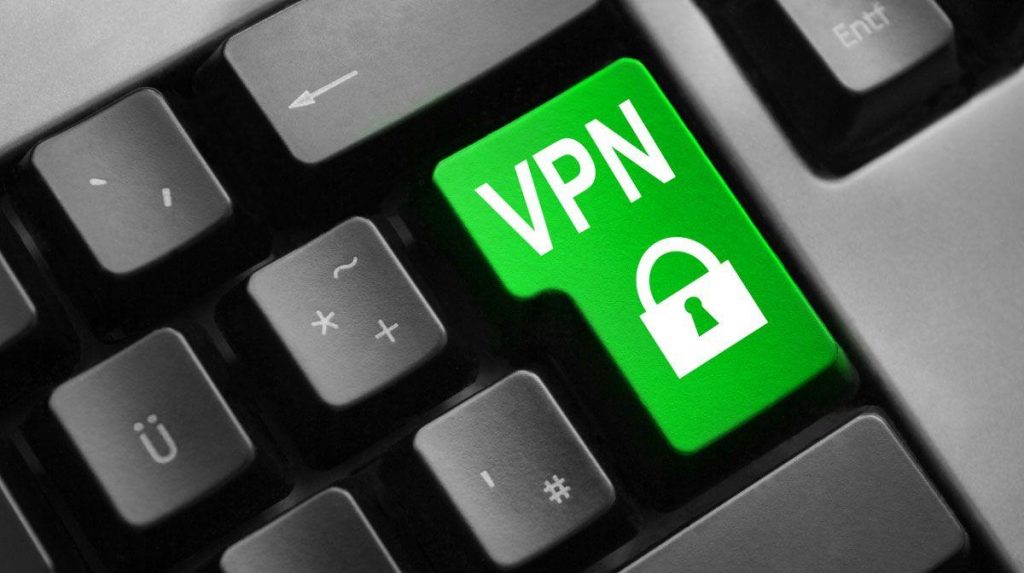
Source: arabianbusiness.com
On top of all that, free VPNs just aren’t viable for streaming, even if you’re lucky enough to find one that hasn’t been blocked yet. Here’s why:
- Slow speeds – upgrading and maintaining a fast server network costs a fair amount, especially with the growing number of VPN users all around the world. Free providers simply can’t keep up with the demand. Not without throttling your bandwidth, at least.
- Data caps – to further cut down costs, many free VPNs impose monthly data limits. You’re looking at anywhere between 500 MB and 10 GB of data a month. Wonder how many episodes of The Office that is? Taking Netflix’s approximation into account, we’d say about a season’s worth for the most generous plans.
And we’ve already mentioned this, but their small server networks are a pretty big downside. Why? Well, they greatly limit your options when it comes to finding a location that airs your favorite shows.
What You Risk by Using Free VPNs
Too bad the drawbacks don’t end there, as free VPNs also pose a real threat to your online privacy and security.
You see, the other function of VPNs is to encrypt your data. They use complex algorithms to scramble your data so it can’t be read and sold off by your ISP, or stolen by hackers on public Wi-Fi and other exposed networks.
Of course, that’s pretty much made irrelevant by the fact that free VPNs usually sell user data to third parties themselves. They have to make their money somehow, right? This business model is not too different from something like Facebook or Google, who also monetize user data to provide their services for “free”.
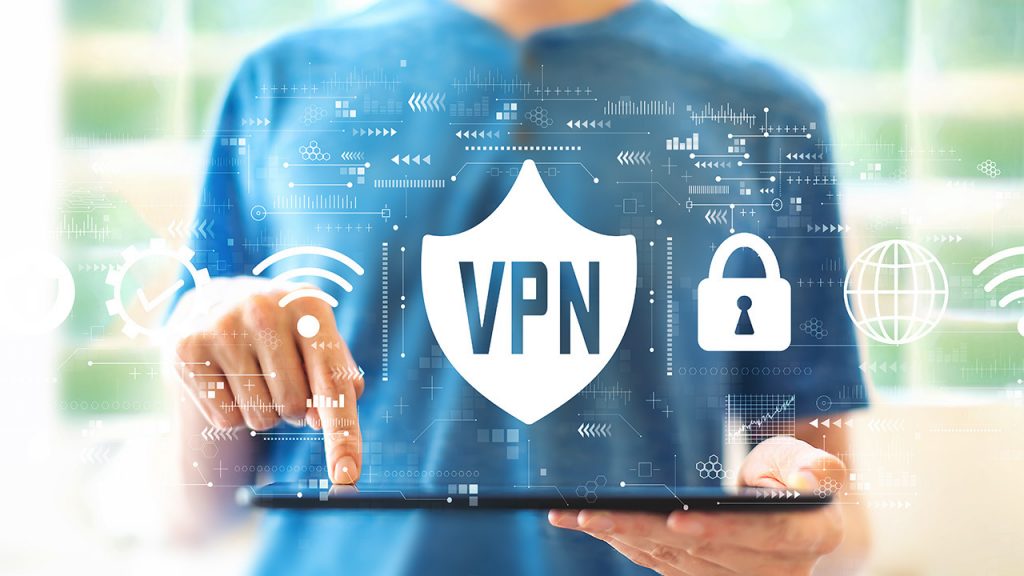
Source: pcmag.com
And much like Facebook, free VPNs have been known to leak user data online – credit card information, personal addresses, emails and passwords, and much more. It’s not an isolated incident either, as researchers have detected malicious code in at least 38% of Android VPNs.
Things aren’t looking too rosy even among the most popular free VPNs on the App Store. 80% of them are non-compliant with Apple’s Review Guideline 5.4, which explicitly states that VPNs can’t sell, use, or disclose user data to third parties.
To top everything off, 60% of free Android and iOS VPNs are secretly owned by people or companies in China. The country is known for its harsh stance against VPNs, and anyone operating such a service in the area needs to hand over all data to the Chinese government.
Now, we love The Office as much as anyone here, but we probably wouldn’t go that far just for some Dunder Mifflin shenanigans.

